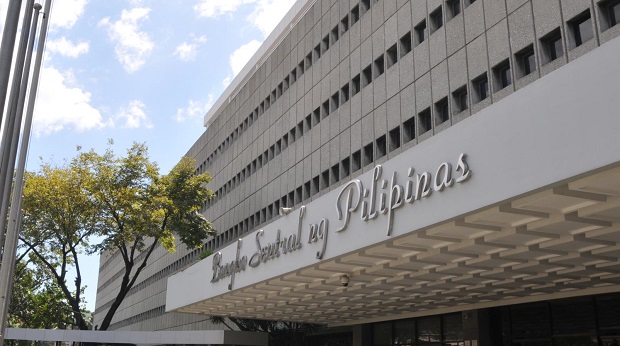The Bangko Sentral ng Pilipinas (BSP) issued on Friday, Dec. 3, a reminder to the public to transact only with registered Virtual Asset Service Providers (VASPs) as transactions involving virtual assets continue to increase rapidly.

VASPs are firms that provide certain services relating to virtual assets or cryptocurrencies such as Bitcoin.
Registered VASPs are mandated to comply with regulations or standards that foster operational soundness and ensure provision of quality services. Registration also ensures that appropriate consumer protection and redress mechanisms are in place, the BSP said.
As of June 30, virtual currency transactions reached 19.88 million, up 362 percent from the 4.31 million recorded in the same period of the previous year. These transactions translate to P105.93 billion in value, up 71 percent from P62.12 billion over the same period.
The BSP also advised the public to be vigilant in their dealings involving VAs which are not considered legal tender and not insured by the Philippine Deposit Insurance Corporation.
Moreover, the BSP said users of VAs should have a good understanding of how it works and carefully consider risk factors such as price volatility and cybersecurity concerns.
“VA value is highly speculative in nature and may easily be influenced by word of mouth. VAs are also prone to cyber theft, fraud, and hacking, among other cybersecurity risks. Thus, VA users should observe basic cyber hygiene practices and understand their rights as consumers,” the central bank said.
At the same time, the BSP said it will also “recalibrate” its approach in handling applications from non-bank institutions for new EMI (electronic money institution) or e-wallet licenses.
As of end-October 2021, there are already 35 licensed non-bank EMls, which is more than three times the number of players in 2019.
The approach, it explained, involves the closure of the regular application window for new e-wallet providers for non-bank financial institutions for a period of two years and the introduction of the test-and-learn pathway for e-money solutions that offer strong value propositions.
“This strategic change will enable the Bangko Sentral to monitor the performance of current market players and the risks they pose to the financial industry. This will also allow us to assess their impact in relation to our financial inclusion and digital payments transformation objectives,” said BSP governor Benjamin E. Diokno.
All applications received by the BSP until December 15 will be processed on a first-come, first-served basis. These will be assessed for completeness and sufficiency of documentation/information submitted, as well as compliance with other applicable requirements.
Applications received until December 15 with noted deficiencies will be returned and considered closed. The BSP said it will no longer entertain nor accept new applications beginning December 16.
The policy approach introduced the test-and-learn pathway for new non-bank EMI applicants with
- New business models,
- Unserved, targeted niches; and/or
- New technologies.
In particular, applicants may still participate in the digital payments and financial ecosystem by requesting for exception under the Test-and-Learn / Regulatory SandboxFramework. The specific guidelines governing new non-bank EMI applications under the Regulatory Sandbox Framework shall be covered by a separate issuance.




